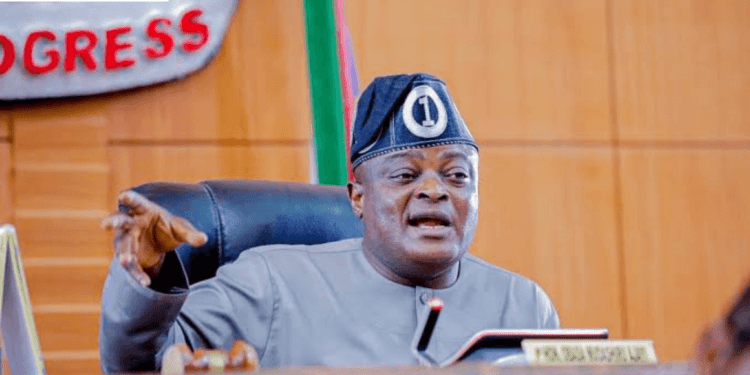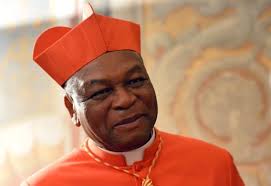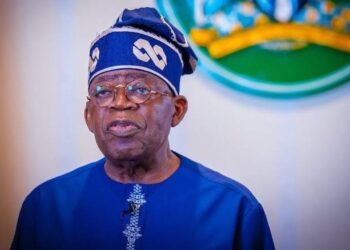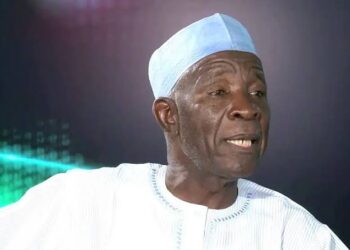Members of the Lagos State House of Assembly on Monday, January 13, 2025, impeached Speaker Mudashiru Obasa amid mounting allegations of financial misconduct and statutory violations. The lawmakers accused Obasa of mismanaging state funds, with reports highlighting his involvement in controversial financial dealings, including overseeing the withdrawal of N43.5 billion for the purchase of backup vehicles for legislators.
Obasa, who was in Atlanta at the time of his impeachment, was swiftly replaced by his deputy, Lasbat Meranda, a former chief whip of the House and the current representative for Apapa Constituency 1. Meranda’s elevation marks a significant shift in the leadership of the Assembly, signaling potential reforms following the controversial tenure of the ousted Speaker.
The impeachment follows a series of investigative reports, including one by The Gazette, which revealed how Obasa allegedly diverted state funds to personal accounts and businesses. The Lagos Speaker’s administration has been marked by accusations of corruption and political thuggery, with previous investigations uncovering multiple fraudulent activities during his time in office.
Obasa’s tenure as Speaker began in 2015, alongside former Governor Akinwunmi Ambode. However, his leadership was marred by persistent allegations of mismanagement, with many accusing him of abusing his position for personal gain. In 2020, further scrutiny led to an invitation from the Economic and Financial Crimes Commission (EFCC), though no formal charges were filed after Obasa met with investigators.
The removal of Obasa has sparked significant reactions, with some members of the Assembly voicing concerns over the stability of the leadership transition. However, others have expressed optimism that Meranda’s appointment could signal a fresh start and a commitment to transparency and accountability within the House.



































